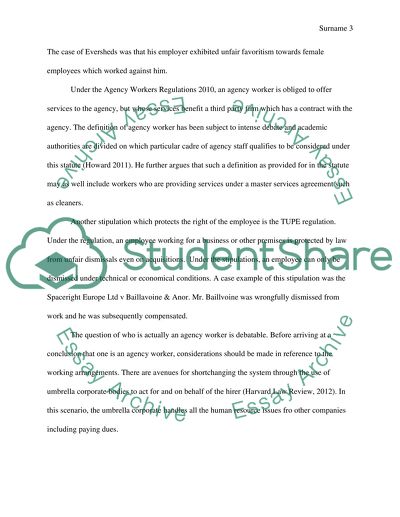Cite this document
(“Employment Law Essay Example | Topics and Well Written Essays - 2000 words - 1”, n.d.)
Retrieved from https://studentshare.org/other/1397656-employment-law
Retrieved from https://studentshare.org/other/1397656-employment-law
(Employment Law Essay Example | Topics and Well Written Essays - 2000 Words - 1)
https://studentshare.org/other/1397656-employment-law.
https://studentshare.org/other/1397656-employment-law.
“Employment Law Essay Example | Topics and Well Written Essays - 2000 Words - 1”, n.d. https://studentshare.org/other/1397656-employment-law.


